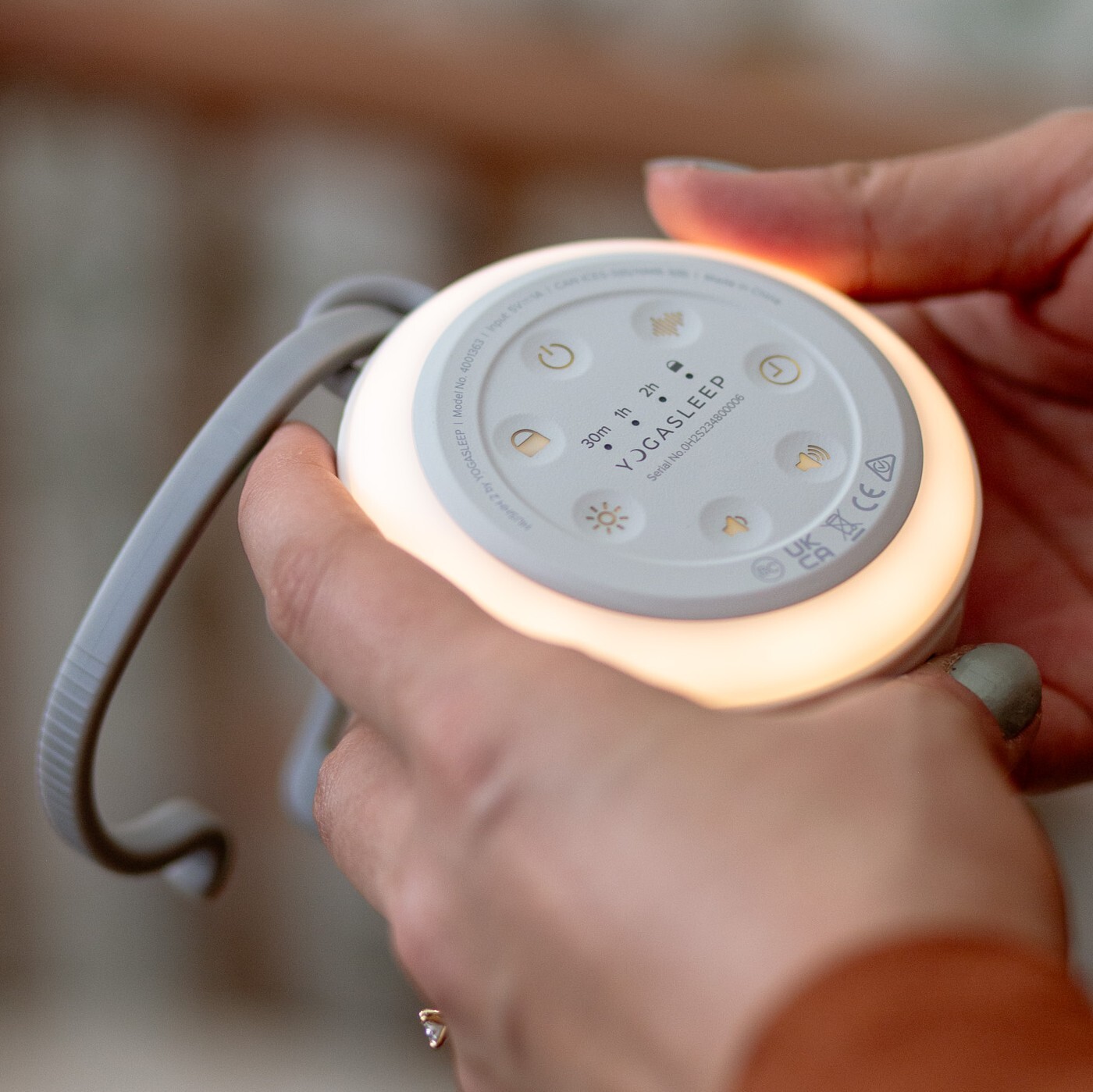Resettling techniques for early waking
It pays to think of early waking the same as night waking, and in many cases it is a matter of teaching your child they can resettle themself at 5 or 5.30am. This is particularly true if you have been reinforcing their early waking with bottles or letting them get in your bed, and now have decided to get tough!
For starters read our information on teaching your child to self settle. This covers the different techniques, such as controlled crying, cry it out and more gentle approaches.
We also have a detailed article on Gentle Sleep Training Techniques for toddlers, which can be good for the early morning if you use them consistently.
We find the following work especially well for early waking:
1. Just ignore the waking! Yes your toddler is likely to have a screaming tantrum that you are not coming in to get them out of their cot for a cuddle and a nice warm bottle. But just ignore the tantrum the same way you would if it was a tantrum for lollies at the supermarket..... It might last for an hour and then they go back to sleep. The next morning may last 30 mins etc. But often it is simply a matter of ignoring the waking so your child gets the message that you are not coming in with whatever they usually get at that time.
2. Verbal reinforcement - go in after 5 minutes and say 'it's still night-time, please go back to sleep'. Put them back in bed without making a fuss, shut the door and wait 10 minutes. Yes they may be hammering on the door or screaming. Go in and again put them back in bed, say 'it's still night-time, go back to sleep'. And repeat after 15 minutes. See the Sleepeasy Solution DVD for this technique. You will need to shut the door or use a stairgate, and even perhaps lock the door from the outside at this time for a few mornings until your child learns what you expect.

























